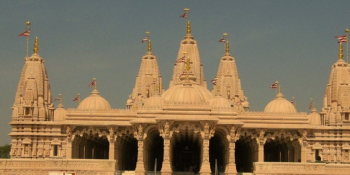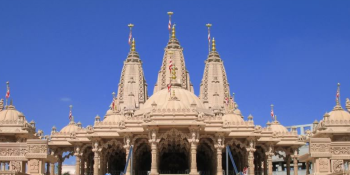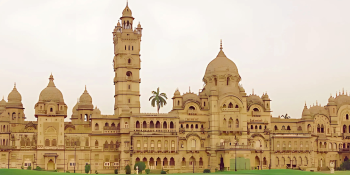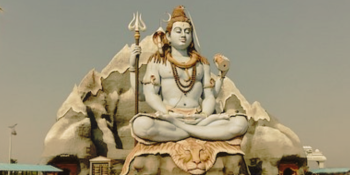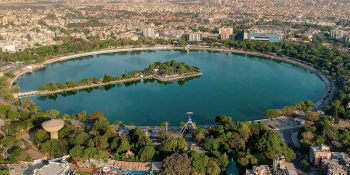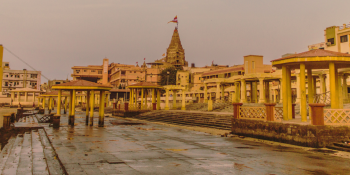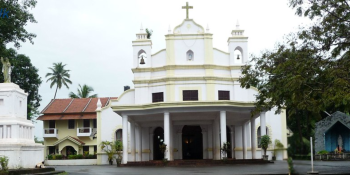Gorakhpur, a city located in the Indian state of Uttar Pradesh, holds significant religious importance stemming from its historical, cultural, and spiritual heritage. The city’s religious significance is primarily associated with Hinduism and Buddhism, with notable sites and traditions that attract pilgrims and tourists a like.
One of the most prominent religious figures associated with Gorakhpur is Gorakshanath, also known as Gorakhnath, a revered saint and a central figure in the Nath tradition of Hinduism. Gorakhnath is believed to have lived during the 11th and 12th centuries and is considered one of the Maha Siddhas, or great perfected beings, in Hinduism. He is credited with the establishment of the Nath Sampradaya, a religious order that focuses on yoga, meditation, and spiritual practices.
Gorakhpur is home to the Gorakhnath Temple, dedicated to Gorakhnath, which serves as the primary pilgrimage site for followers of the Nath tradition. The temple complex, situated on the Gorakhnath Hill, attracts devotees from across India who come to seek blessings, participate in rituals, and pay homage to the saint. The temple also hosts various religious events and festivals throughout the year, further cementing its importance in the religious landscape of the region.
In addition to Hinduism, Gorakhpur has historical connections to Buddhism, particularly through its association with the Buddhist monk and scholar, Buddha Nagarjuna. Nagarjuna is believed to have resided in the region during the 2nd century CE and is credited with the propagation of Mahayana Buddhism. His teachings on Madhyamaka philosophy and the concept of sunyata (emptiness) continue to influence Buddhist thought and practice.
The city is home to several Buddhist sites of significance, including the Kushinagar, located just 53 kilometers from Gorakhpur. Kushinagar is the place where Gautama Buddha is said to have attained Mahaparinirvana, or the final nirvana, upon his death. As a result, Kushinagar is a major pilgrimage destination for Buddhists, with numerous monasteries, stupas, and temples dedicated to the memory of the Buddha.
Gorakhpur’s religious significance is further enhanced by its role as a cultural and educational center. The city is home to numerous ashrams, religious institutions, and spiritual centers that cater to the needs of seekers and devotees. These institutions not only preserve and promote religious teachings but also contribute to the overall spiritual atmosphere of the city.
Moreover, Gorakhpur’s religious diversity is reflected in its vibrant religious festivals and celebrations. Hindu festivals such as Diwali, Holi, and Maha Shivaratri are celebrated with great fervor and enthusiasm, bringing together people from various communities to partake in rituals and festivities. Similarly, Buddhist festivals like Buddha Purnima, commemorating the birth, enlightenment, and death of Gautama Buddha, are observed with reverence and devotion.
In conclusion, Gorakhpur holds significant religious importance due to its association with Hinduism and Buddhism, as well as its rich spiritual heritage. From the revered Gorakhnath Temple to the sacred sites of Kushinagar, the city attracts pilgrims and visitors seeking spiritual fulfillment and enlightenment. With its diverse religious landscape, cultural traditions, and vibrant festivals, Gorakhpur continues to be a place of reverence and inspiration for people of faith across the world.

